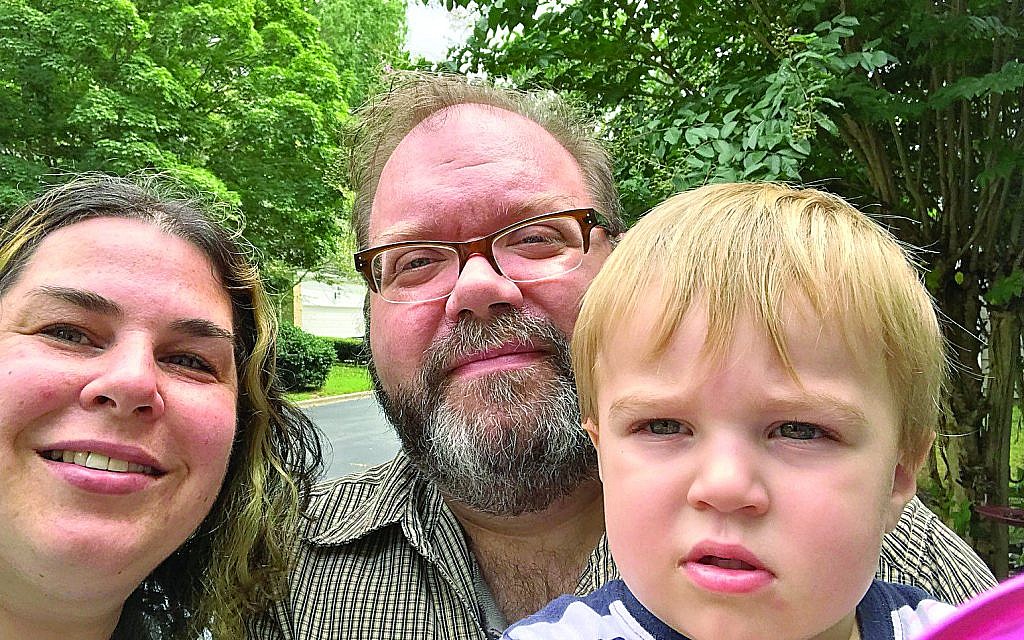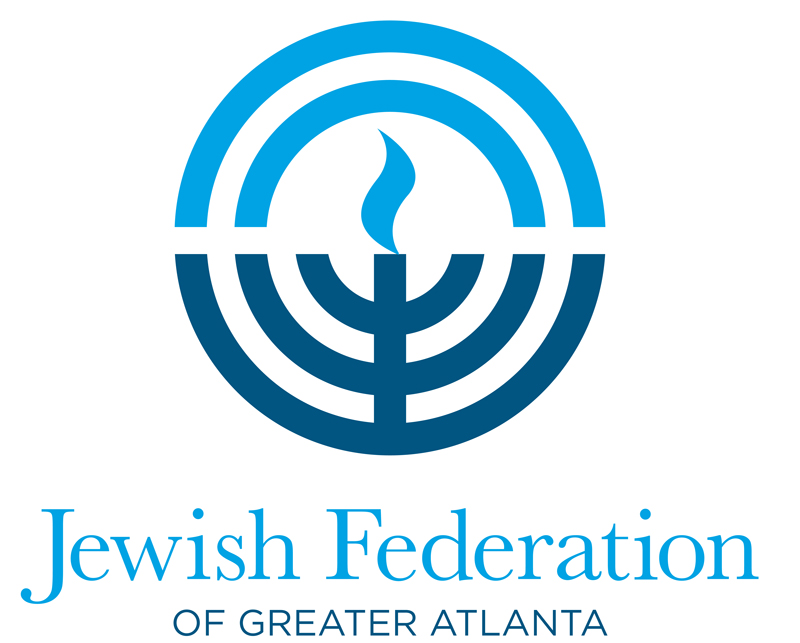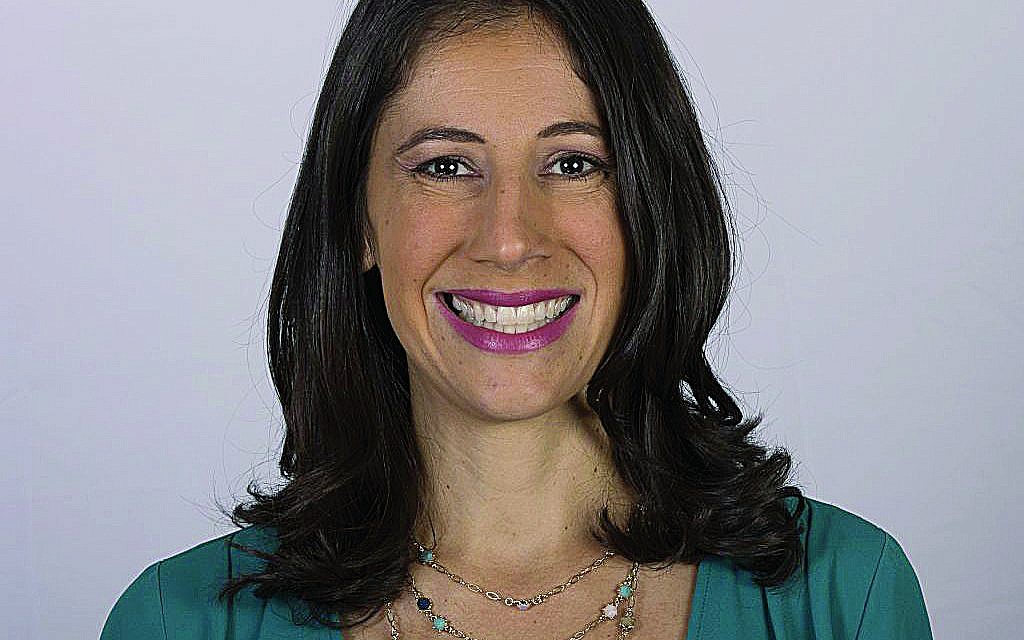Federation Growing Front Porch Prototypes
JFGA tills the soil with micro-grants and staff assistance.

The ideas planted in the Jewish Federation of Greater Atlanta’s “Front Porch” garden are beginning to take root. Some will yield their first harvest in the months ahead. Others may need a few years to show their fruit.
The seeds were planted beginning in May 2017, as JFGA sponsored more than 50 conversations across metro Atlanta, bringing together Federation staff and diverse elements of the Jewish community.
Along the way, JFGA has sharpened its focus on how to invest its resources and the role it wants to play in the continued growth of a community that now numbers some 135,000.
Get The AJT Newsletter by email and never miss our top stories Free Sign Up
From a list of a few dozen ideas, the first handful of “prototypes” are being nourished by the Federation with financial micro-grants and staff assistance. Those not selected will have another chance to apply later this summer in what Federation hopes will become investments made at intervals throughout the year ahead and beyond.

A couple of the initial recipients were revealed at JFGA’s recent annual meeting.
The first “Israel Baby Grant,” an effort of the Atlanta-based Jewish Fertility Foundation, will give one couple $1,500 to defray the costs of travel to Israel, where fertility treatments are less expensive than in the United States. The plan is to expand the program so that more couples can benefit in the future.
Meanwhile, 10 families, selected by lottery, have been notified that they each will receive $1,000 grants to help pay the preschool tuition of their children ages 18-24 months.
“One Happy Preschooler” has been championed by Mark Silberman, whose tenure as Federation board chairman began July 1, and is being funded in collaboration with the PJ Library program that provides books for Jewish children.
Neta Ezra made clear “how extremely grateful we are for receiving this grant,” which will help Ezra and her husband, Dave Franz, send 2-year-old son, Eli, to the Atlanta Jewish Academy, where his mother is returning to teach after, coincidentally, a two-year absence.
“I would have sent him anyway,” Ezra said, “I really wanted him to have a good basic Jewish education because I know how important it is … just being surrounded with the traditions, the songs, the symbols. It’s amazing how much they get at this age.”
As those children grow, one of the Jewish values they will learn is tzedakah.
Another prototype, called Pushke 2.0, is designed to help teach that lesson.
Beginning in September, 10 families will be asked to each put $10 per month, for three months, into a collective pot. The families will be given a choice of three organizations to choose from when distributing the money.
JFGA board member Jon Effron, the father of daughters ages 5 and 8, recalled how the idea developed.

“Conceptually, probably the first time I brought one of my daughter’s tzedakah boxes down to a Coinstar machine. While there was something really sweet about it, it just seemed like a tradition ripe for a reboot,” Effron said. “I started to think about the consistency of PJ Library and the immediacy of GoFundMe and thought that there might be an opportunity to try something new.”
Effron credits the “Front Porch” initiative, particularly the Federation’s “Prototype Bootcamp,” attended by more than 100 people, all looking for new ways to energize Judaism, with giving him “the confidence that launching a prototype was not only doable, but that it would be supported.”
As for the Pushke 2.0 participants, “The 10 families that I’m choosing all have three things in common: they’re families that I have a personal relationship with, they all have strong opinions and they’re all looking to raise mensches. The group will span a pretty diverse gap within the Jewish community, which I think is critical for the prototyping phase. We’ll have Shabbat-observant families, interfaith families and families that are completely unaffiliated,” he said.
“My goal is to empower parents with a tool that helps them build a culture of giving within their homes. For the kids who participate, my hope is that they are able to learn about a variety of different ways in which they can make the world a better place, not just with their $10, but also with their time, energy and attention,” Effron said.
“The idea is that it will culminate in November with an actual big giving event,” said Jori Mendel, the Federation’s recently-hired vice president of innovation.
The inspiration, the prototype known as “NP Jew,” comes from the city of Atlanta’s “neighborhood planning units,” referred to as NPU’s.
Mendel said that the “Front Porch” conversations showed interest in forming such a group in the Johns Creek/Alpharetta area of north Fulton County.

Federation will assist in recruiting members and host a planning session. The group, which may be up and running this fall, will determine priorities for improving community cohesion. JFGA will help finance use of existing resources.
Another need addressed on the “Front Porch” was engaging with Jews who are not affiliated with a congregation.
To that end, Federation will provide a $600 grant to Congregation Bet Haverim for a prototype called “Synagogue Without Borders.”
The money will allow CBH to add two alternative services for the unaffiliated, probably at Rosh Hashanah, to the Reconstructionist congregation’s roster of High Holy Day services.
One service may take place during a hike and be led by Rabbi Malka Packer-Monroe, the director of InterfaithFamily/Atlanta. The other, in a setting to be determined, will be led by Rabbi Ruth Abusch-Magder, the Rabbi-in-Residence at Be’chol Lashon, an organization that focuses on “the rich, multi-dimensional character of the Jewish people.”
Federation will gauge interest in the services and the sustainability of similar programs in the future.
Mendel said the Federation is actively coaching the people behind some 20 potential prototypes, putting them in touch with business experts who can help them plot strategy and discuss the sustainability and scalability of their ideas.
Federation plans investment in five areas:
- Expanding the number and reach of “Jewish places;”
- Inspiring education and experiences that create “Jewish journeys;”
- Making Jewish Atlanta “known for being radically welcoming, diverse, affordable and inclusive;”
- Supporting dialogue that expands “global Jewish peoplehood;”
- Backing programs to “strengthen ourselves and our world” through the well-being of the community.
In redefining its roles, Federation envisions itself as a “philanthropic champion,” an “amplifier” for community groups, an “incubator” for new ideas, a “wayfinder” to help Jews navigate their community, and as a “source of community intelligence” for individuals and groups needing information and contacts.




comments